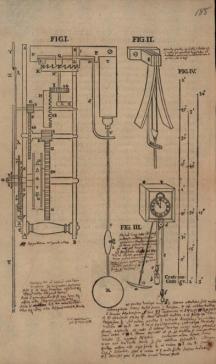The project focuses on a critical moment in the history of time measurement, a technological achievement that completely changed the ancient ways of counting and experiencing time. This was a joint achievement of seventeenth-century natural philosophers, mathematicians, and instrument makers that I term “the invention of the second.” I suggest that it was the construction of the first mathematically defined pendulum clock that introduced the innovative concept of an independent, quantified, self-identical measure of time. This conceptual breakthrough changed the way in which we experience and know time. In my project, I aim to establish the first investigation of the problem of the “sameness of time” as it was transmitted from late premodern science to its actualization as the second pendulum in the seventeenth century and beyond. Nicole Oresme (fourteenth century) and Johannes Kepler (sixteenth century), who approached the problem of time measurement philosophically, provide the canvas of reflection that allows us to understand how time was experienced before the second was conceived in this way. I focus especially on the changes that premodern scientific discourses on periodicity—most notably astronomy, music, and economics—underwent once a concept of an independent, self-identical, quantitative unit of time was created.

Leibniz’s annotated copy of Christian Huygens’s Horologium Oscillatorium, 1673. Leibniz Handschriften zur Technica, LH38, Bl. 185
Project
(2024-2025)
